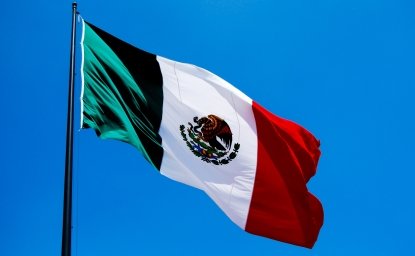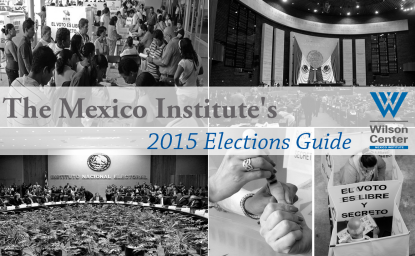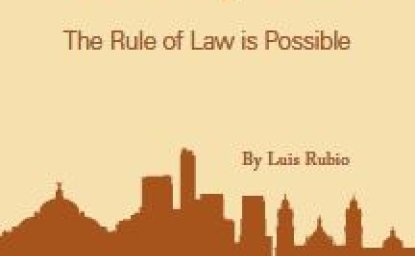Abstract
The evolution of the importance of public opinion in Mexico is intertwined with the emphasis of scholars, both foreign and Mexican, introducing survey research techniques. These efforts became more common in the 1960s and 1970s, but became increasingly significant in the 1980s, when major newspapers and other publications begin to sponsor wide-ranging public opinion polls. Public opinion polls played a critical role in Mexico’s democratic political transition during the 1980s and 1990s, informing ordinary Mexicans about how their peers viewed candidates and important policy issues, while simultaneously allowing citizens, for the first time, to assess a potential candidate’s likelihood of winning an election before the vote, while also confirming actual election outcomes through exit polls. Polling data reveal changing social, religious, economic, and political attitudes among Mexicans over time, revealing the importance of both traditional and contemporary values in explaining citizen behavior.
Read the full article at the Oxford Research Library of Latin American History.





